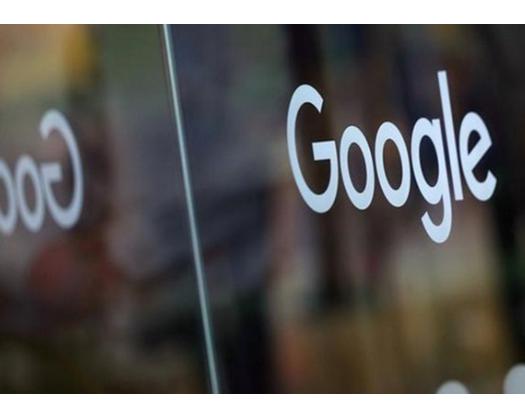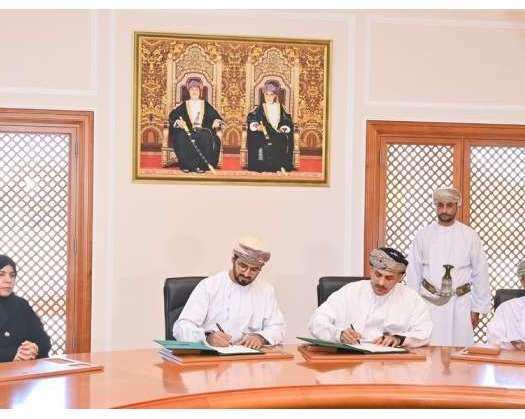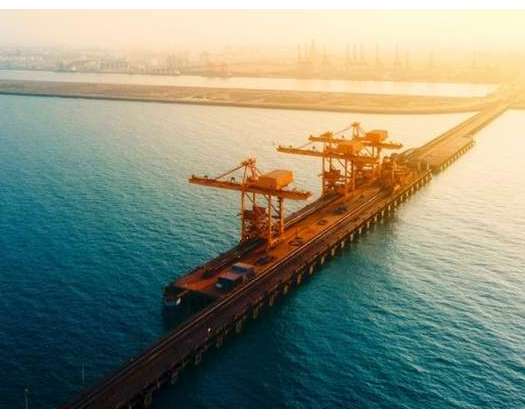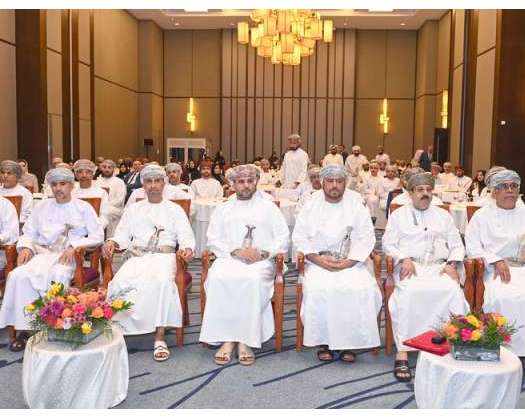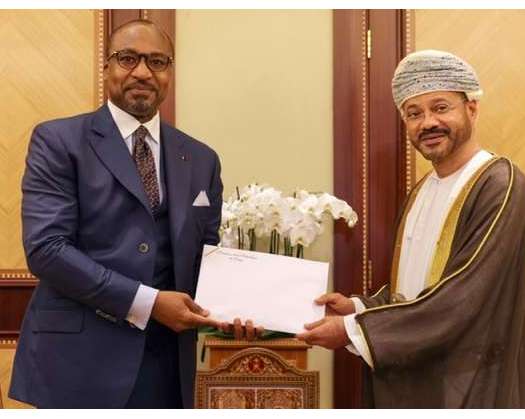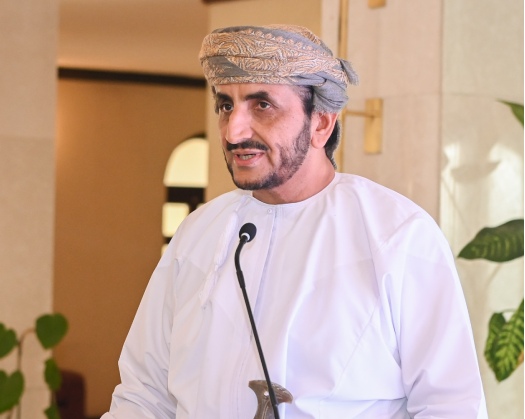Bengaluru: Google has announced a series of new partnerships, all powered by artificial intelligence (AI), with the objective of advancing healthcare, sustainability, and agriculture in India.
The multinational technology corporation is collaborating with both local and international organizations to implement AI-driven solutions in the areas of diabetic retinopathy screening, urban waste management, and agricultural development.
According to Google, these announcements were unveiled during a roundtable discussion in Bengaluru, which coincided with the fifth anniversary of Google's Research Lab in the city. This event also marked the 10th edition of the Google for India conference, during which the potential of AI to benefit individuals, businesses, and society at large was extensively showcased.
Dr. Manish Gupta, the Research Director of Google DeepMind, highlighted, "In collaboration with key Indian organizations, our focused research in India across various domains such as language understanding, healthcare, agriculture, and sustainability is addressing many of the country's unique challenges and developing AI-driven solutions that have the potential to improve the lives of billions."
Google is partnering with Forus Health and AuroLab in India, along with Perceptra in Thailand, to conduct 6 million AI-assisted screenings for diabetic retinopathy over the forthcoming decade.
These screenings are designed to detect and prevent blindness in diabetic patients, with a particular focus on underserved communities. The AI model has already supported over 600,000 screenings globally, with initial research and deployment efforts taking place in India.
Mr. Sunny Virmani, the Group Product Manager for Health AI Research at Google, noted, "From the initial research phase to the first patient screening in Madurai, India, we have been dedicated to translating the potential of AI into tangible benefits for people worldwide. Our partnerships with Forus Health, AuroLab, and Perceptra are enabling us to expand on this commitment, as a global network of innovators comes together to eliminate preventable blindness caused by diabetic retinopathy."
In the realm of waste management, Google's CircularNet, an AI-powered computer vision model, is being implemented in collaboration with Saahas Zero Waste, a Bengaluru-based initiative.
CircularNet is designed to identify and categorize plastic waste, thereby facilitating recycling and reducing the burden on landfills. Equipped with Google's TensorFlow, the model has demonstrated an accuracy rate of approximately 85% in detecting plastic waste during a pilot program, which could potentially increase revenue for material recovery facilities by 10-12%.
Furthermore, to support data-driven decision-making in agriculture, Google is making its Agricultural Landscape Understanding (ALU) Research API available to developers.
This API utilizes satellite imagery and machine learning to provide insights at the farm level, including field boundaries, water bodies, and vegetation. The technology is aimed at optimizing resource allocation and guiding sustainable farming practices in India.

